Bangladesh Orders Indefinite Closure of Schools and Universities Amid Deadly Protests
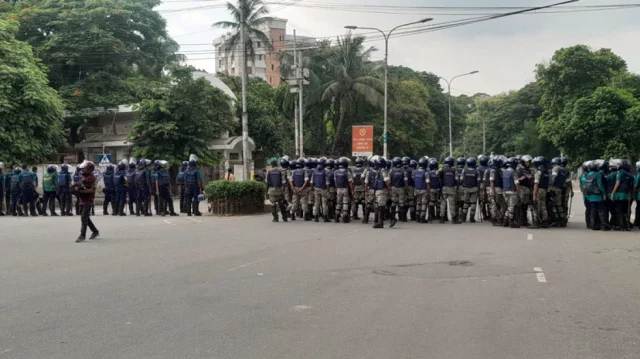
Dhaka, Bangladesh – In a dramatic response to escalating violence, the Bangladeshi government has ordered the indefinite closure of all schools and universities across the nation. This decision follows the deaths of six people in protests against the country’s civil service quota system.
The Ministry of Education announced the shutdown, citing the need for “the security of the students,” according to spokesman MA Khair. The order affects every high school, university, and Islamic seminary in the country and comes after weeks of intensifying demonstrations.
The situation took a violent turn on Tuesday when clashes between demonstrators and pro-government student groups erupted. Protesters wielded bricks and bamboo rods, and police responded with tear gas and rubber bullets to disperse the crowds. The confrontations resulted in a significant escalation in violence and fatalities.
The protests, which have seen demonstrators mobilizing in several cities despite calls from Prime Minister Sheikh Hasina and the Supreme Court to return to class, culminated in the deaths of six individuals. In Chittagong, three people were killed, displaying signs of bullet injuries. Chittagong Medical College Hospital Director Mohammad Taslim Uddin reported an additional 35 injuries in the port city.
The capital, Dhaka, witnessed the deaths of two individuals amid chaotic scenes of rival student groups hurling bricks and blocking major roads, causing significant traffic disruption. In Rangpur, a student was killed during clashes, confirmed by Police Commissioner Mohammad Moniruzzaman.
Authorities, in response to the unrest, have deployed the paramilitary Border Guard Bangladesh (BGB) force in five major cities, including Dhaka and Chittagong, to restore order.
The protests center around the demand to abolish a quota system in government jobs, which reserves over half of civil service positions for specific groups, including children of veterans from the 1971 war of independence against Pakistan. Critics argue that the system disproportionately benefits children of pro-government supporters of Prime Minister Hasina, who secured her fourth consecutive election victory in January.
As tensions continue to rise, the indefinite closure of educational institutions marks a critical juncture in the nation’s ongoing struggle with civil service hiring policies and government favoritism.







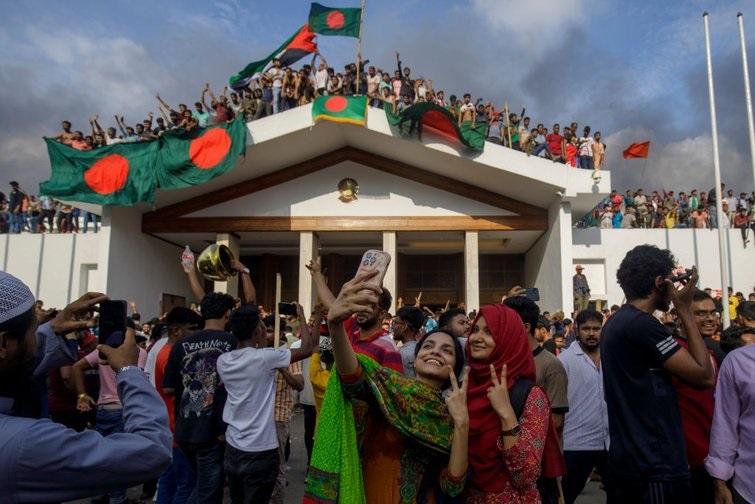
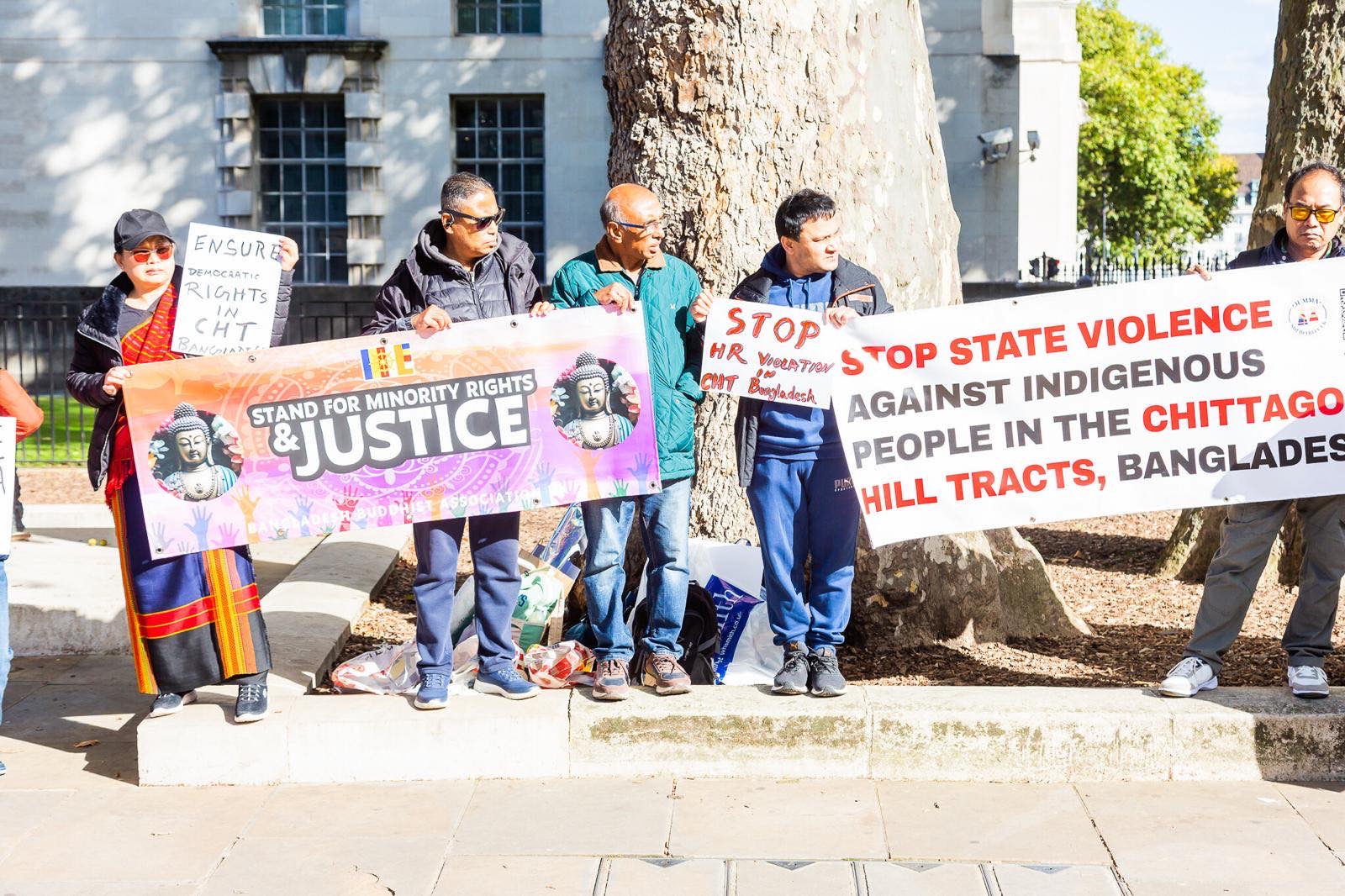
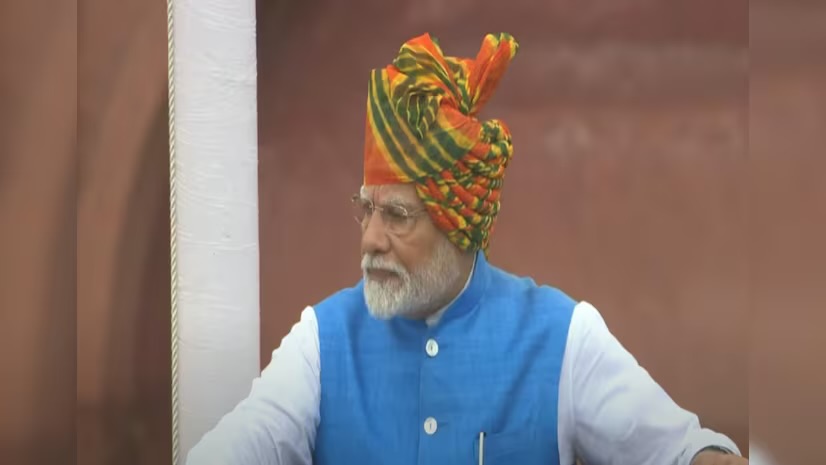
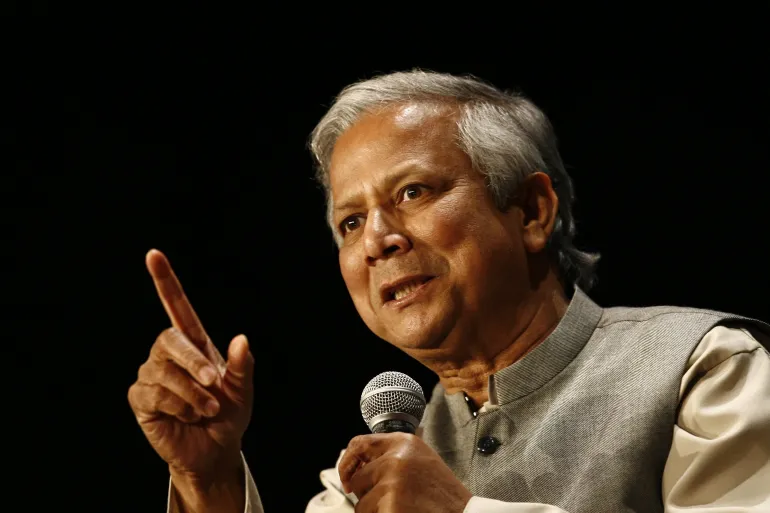
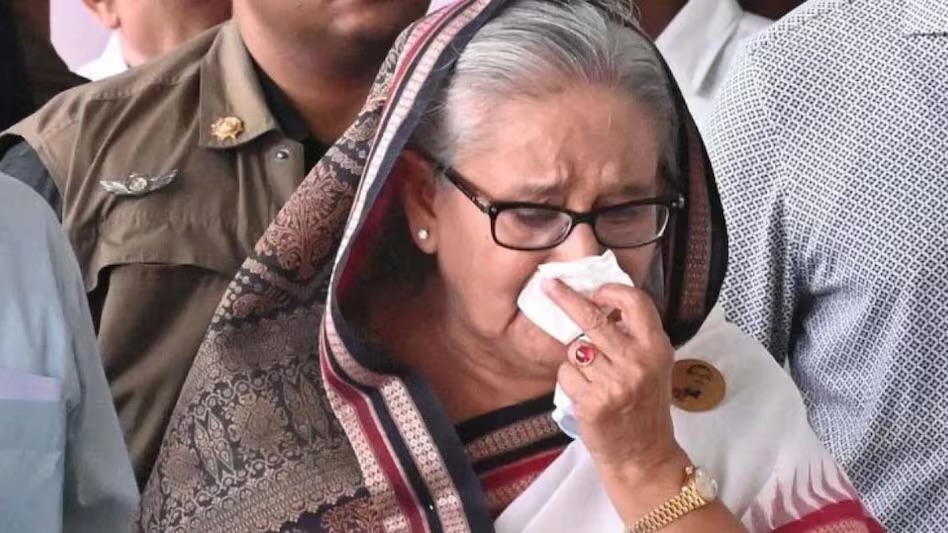







Facebook Comments